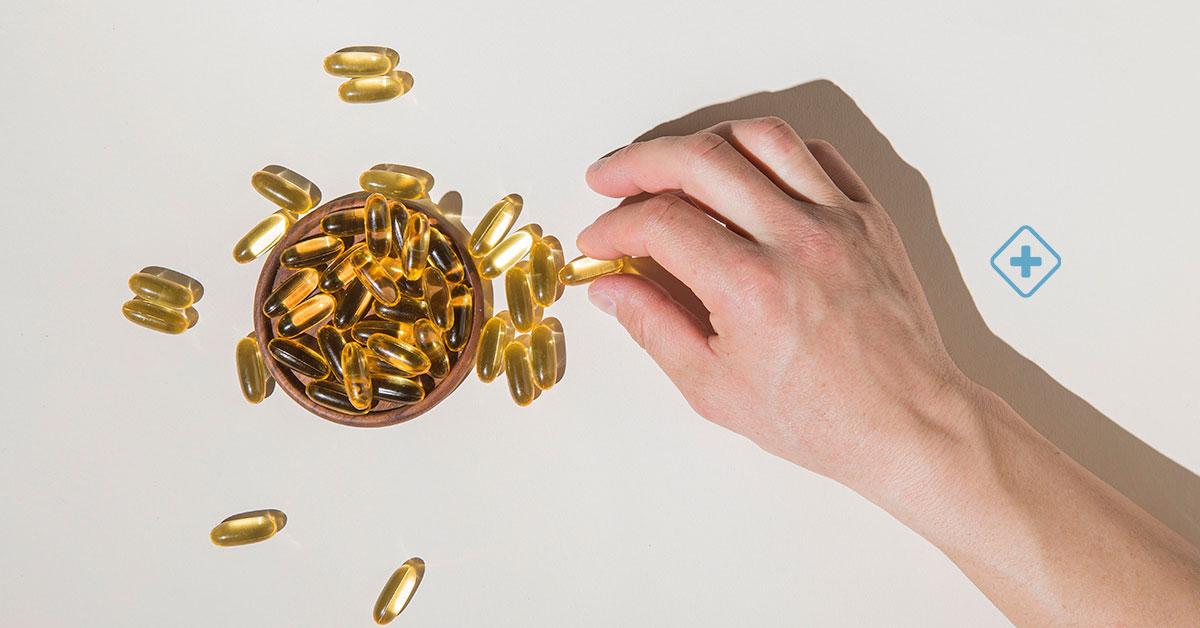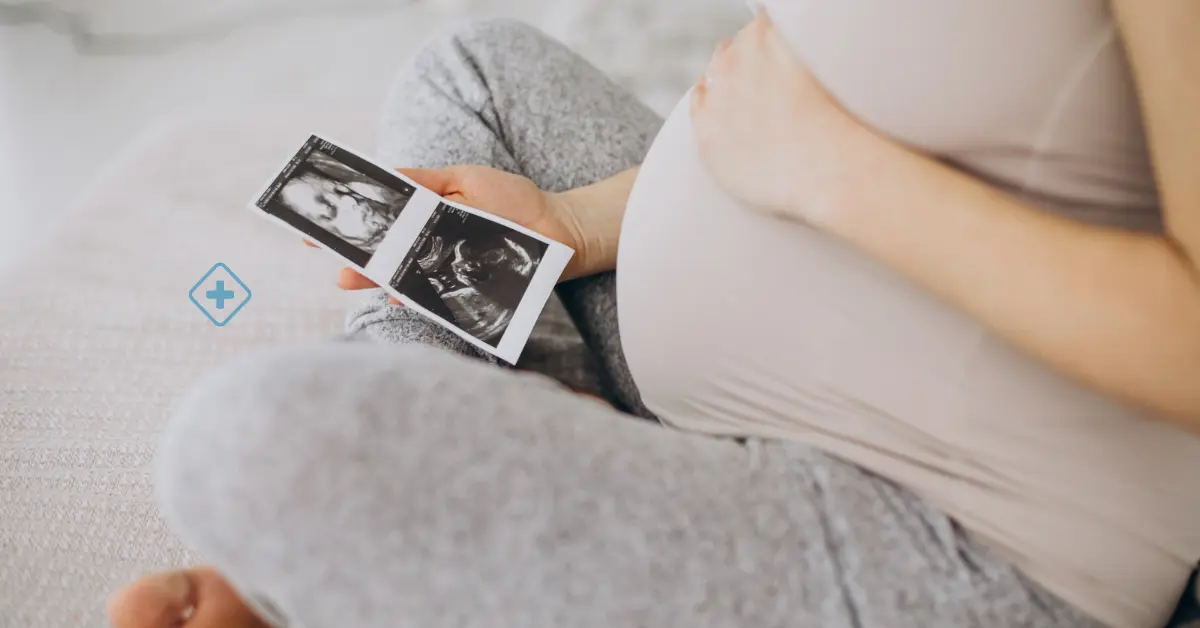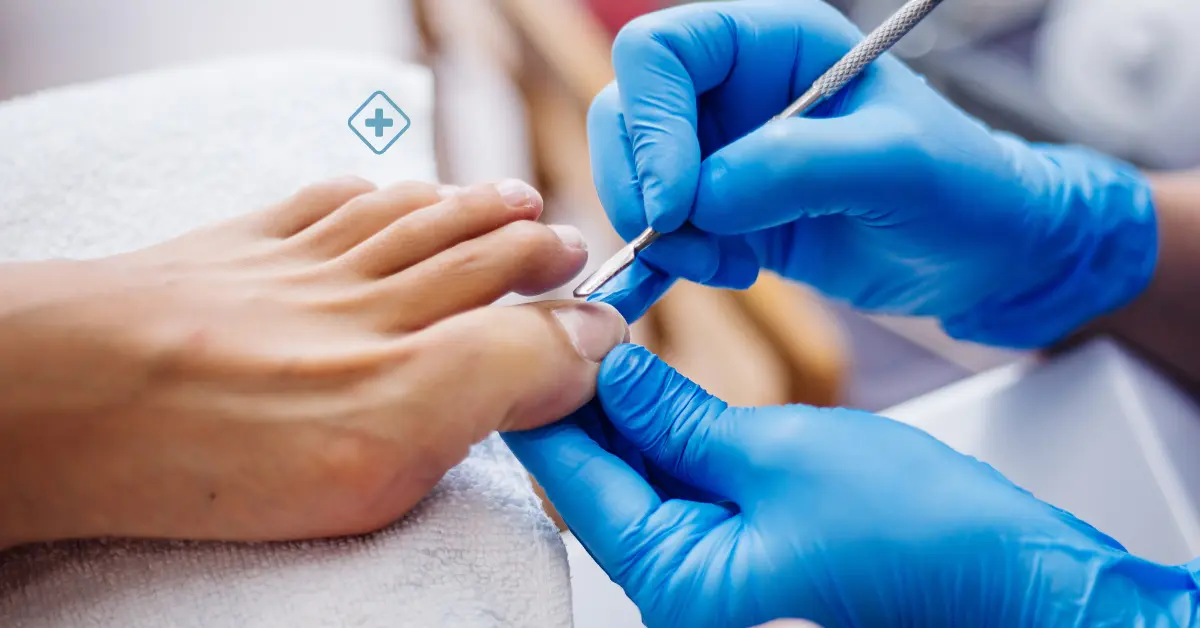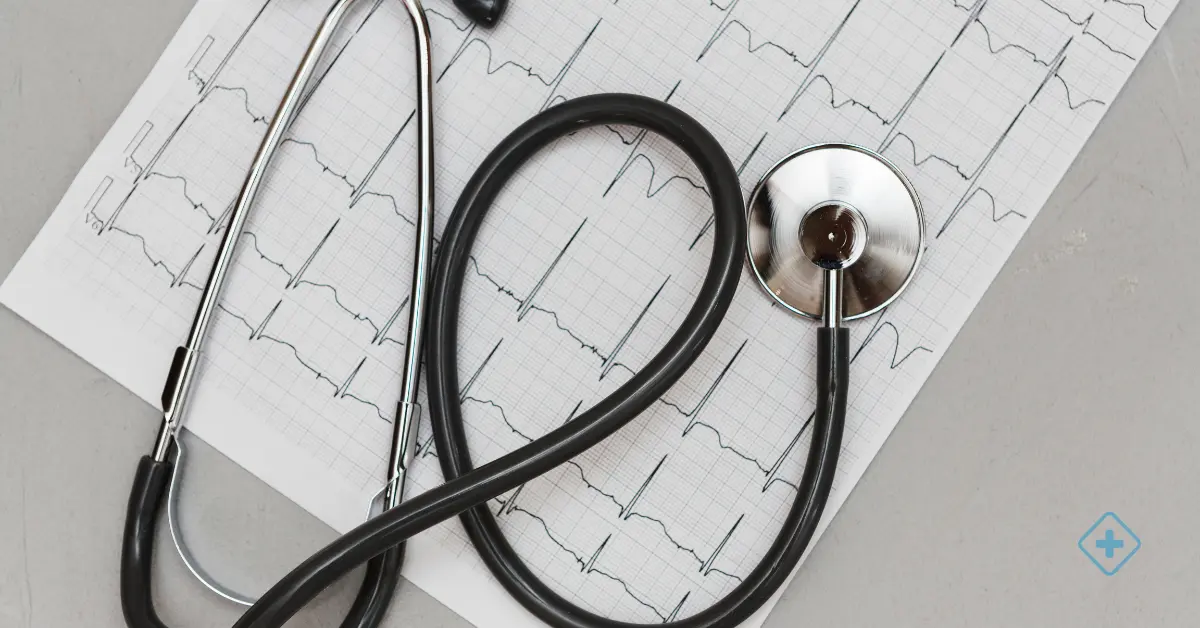
Vitamin D? Why do you need it?
8 signs and symptoms of Vitamin D deficiency

Vitamin D is an extremely important vitamin that has powerful effects on various systems throughout the body.
Unlike other Vitamins, vitamin D works like a hormone, and every cell in your body has a receptor for it.
Sunlight helps the body naturally generate vitamin D. It is also found in certain foods such as fatty fish and fortified dairy products, although it is very difficult to get enough of the diet alone.
Currently, vitamin D deficiency is very common. It is estimated that around one billion people worldwide have low levels of Vitamin in their blood.
Some common risk factors for vitamin D deficiency are:
- Your exposure to sunlight is limited.
- Being overweight or obese.
- Being elderly
- Not eating much fish or dairy.
Most people do not realize that they are deficient, since the symptoms are generally subtle or attributed to another cause. You may not recognize them easily, even if they have a significant negative effect on your quality of life.
8 signs and symptoms of vitamin D deficiency
- Get sick often
One of the most important functions of vitamin D is to keep your immune system strong so that it can fight viruses and bacteria that cause disease.
If your vitamin D is deficient, you could be constantly getting sick of infections such as colds, bronchitis, and pneumonia.
- Fatigue and tiredness
Feeling tired can have many causes, and vitamin D deficiency can be one of them. Unfortunately, it is so common, it is often overlooked as a potential cause.
Excessive fatigue and tiredness can be a sign of vitamin D deficiency. Taking supplements can help improve energy levels.
- Bone and back pain
Vitamin D helps maintain bone health in several ways and improves the absorption of calcium from your body.
Bone pain and lower back pain may be signs of inadequate levels of vitamin D in the blood. If your back hurts for no apparent reason, you may be suffering from low vitamin D.
- Depression
Some controlled studies have shown that administering vitamin D to people with disabilities helps improve depression, including seasonal depression that occurs during the colder months.
- Healing of damaged wounds
Slow wound healing after surgery or injury may be a sign that your vitamin D levels are too low and can lead to infection.
- Bone loss
Vitamin D plays a crucial role in calcium absorption and bone metabolism.
Many older people who are diagnosed with bone loss believe they need to take more calcium. However, they can also be deficient in vitamin D.
Low bone mineral density is an indication that your bones have lost calcium and other minerals. This includes older adults, especially women, at an increased risk of fractures.
- Hair loss
Hair loss is often attributed to stress, which is certainly a common cause.
However, when hair loss is severe, it can be the result of a disease or nutrient deficiency.
- Muscle pain
The causes of muscle pain are often difficult to identify, although there is some evidence that vitamin D deficiency may be a potential cause of muscle pain in children and adults.
If you think you may have a deficiency, it is important that you talk to your doctor and get your blood tested.
Fortunately, vitamin D deficiency is often easily corrected:
You can increase your exposure to the sun (with proper sun protection), eat more foods rich in vitamin D, such as fatty fish or fortified dairy products.
And if your doctor recommends it, consume vitamin D supplements.
Recovering your deficiency is simple, easy and can have great benefits for your health.
BluenetHospitals
BlueNet Hospitals
Blue Net Hospitals
Trending Topics
Internal Medicine
Trending Topics
Gestational Diabetes
The exact cause of gestational diabetes is not yet fully understood.
E. coli
The symptoms of an E. coli infection can appear three to four days after exposure
Diabetic Foot
These are the common symptoms related to diabetic foot
Hip Dysplasia
The symptoms of hip dysplasia vary depending on the individual's age
Health Library
Internal Medicine
- Do You Need an Appointment with a Specialist?
- call us
- write us
- let's talk










